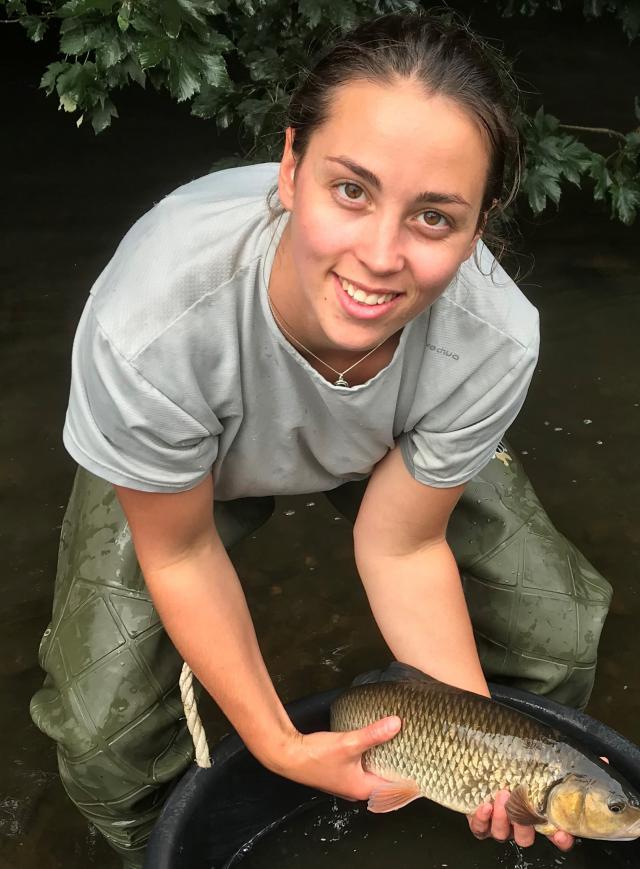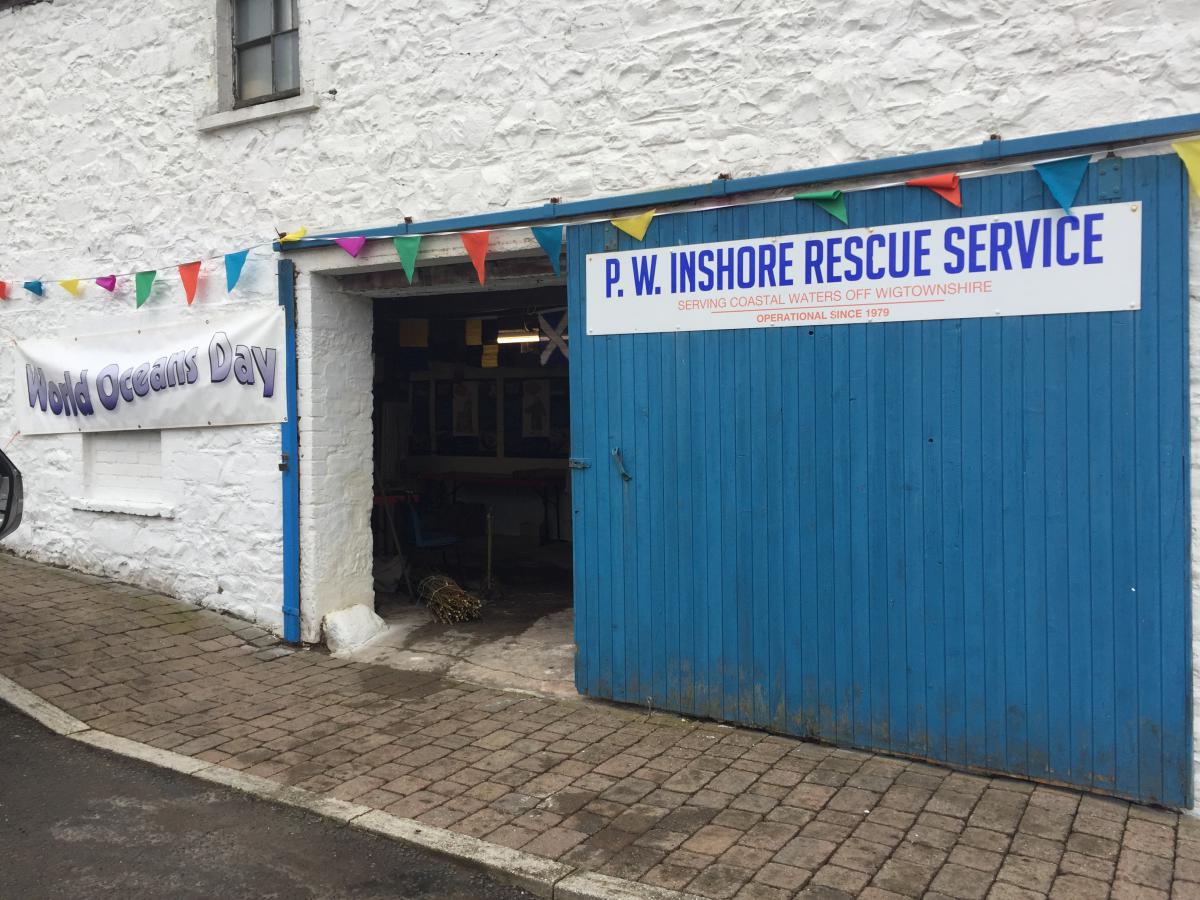Latest News
6 month paid internship with GFT
A paid internship is available from September 2024 until end of February 2025 (26 weeks) to work with Galloway Fisheries Trust on the Solway Invasive Non Native Species INNS Control and Knowledge programme Phase 2 (advertised a few weeks ago but post was not filled).
Annan Riparian Restoration Network
GFT has been successful in securing funding from the FIRNS scheme to develop a large-scale habitat restoration project for the River Annan catchment.
Improving fish passage and river flow below Tongland Dam
SEPA have been undertaking a review of the current CAR license which the Galloway Hydro Scheme operates under.

